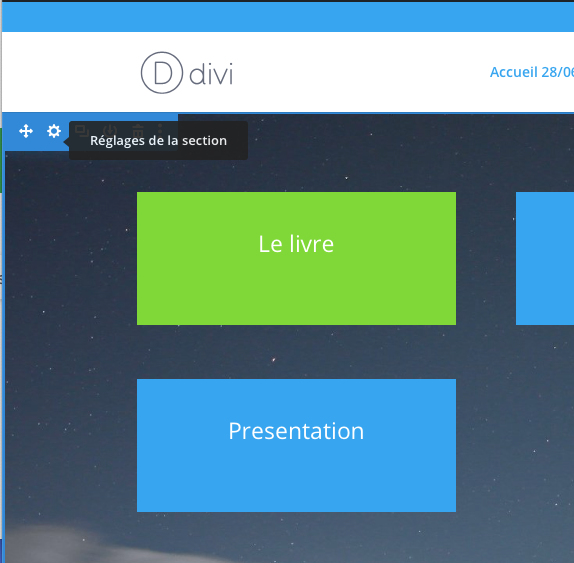A propos de moi
Television and Radio in the Digital Age
In today's fast-paced digital world, television and radio have undergone significant transformations. The advent of the internet and the rise of streaming platforms have revolutionized how we consume content, making traditional TV and radio stations rethink their strategies to stay relevant in an increasingly competitive landscape.
Television, once the undisputed king of entertainment, is now just one of the many options available to viewers. The rise of on-demand streaming services like Netflix, Amazon Prime, and Disney+ has allowed viewers to watch their favorite shows and movies at their convenience. This shift has led to a decline in traditional cable and satellite TV subscriptions, forcing networks to adapt.
Cable and satellite providers have had to innovate by offering internet-based TV packages, providing access to streaming platforms alongside traditional channels. If you have any issues regarding wherever and how to use tv online, you can call us at our own site. This hybrid approach attempts to cater to the diverse preferences of modern audiences. Furthermore, smart TVs and devices like Roku, Apple TV, and Amazon Fire Stick have made it easier than ever to switch between streaming apps and traditional TV channels.
Radio, too, has felt the impact of the digital age. While terrestrial radio stations still have dedicated listeners, internet radio and podcasting have surged in popularity. Internet radio stations offer a wide range of music genres and talk shows, often with fewer advertisements and more customization options for listeners. Podcasting has democratized content creation, allowing anyone with a microphone and an internet connection to broadcast their thoughts, stories, and ideas to a global audience.
The digital age has also enabled a more interactive and personalized experience for TV and radio audiences. Streaming services use algorithms to recommend content based on a viewer's previous choices, creating a tailored viewing experience. Similarly, music streaming platforms like Spotify curate playlists based on user preferences, making it easier for listeners to discover new songs and artists.
Social media has played a pivotal role in reshaping the landscape of television and radio. Shows and radio programs now have dedicated hashtags, online fan communities, and live-tweeting events, allowing viewers and listeners to engage in real-time discussions and connect with their favorite hosts and personalities.
Additionally, advertising has evolved with the digital age. While traditional commercials still exist, targeted ads have become more prevalent. Algorithms analyze user data to deliver ads that are more relevant to individual viewers and listeners. This shift has raised concerns about privacy and data security but has also made advertising more efficient and cost-effective for businesses.
In conclusion, television and radio have evolved significantly in the digital age. The rise of streaming services, internet radio, and podcasts has given audiences more choices than ever before, forcing traditional broadcasters to adapt. Interactive and personalized experiences, along with the influence of social media, have reshaped how we engage with TV and radio content. As technology continues to advance, it will be fascinating to see how these mediums continue to evolve and remain an integral part of our lives.
Position
Travail

